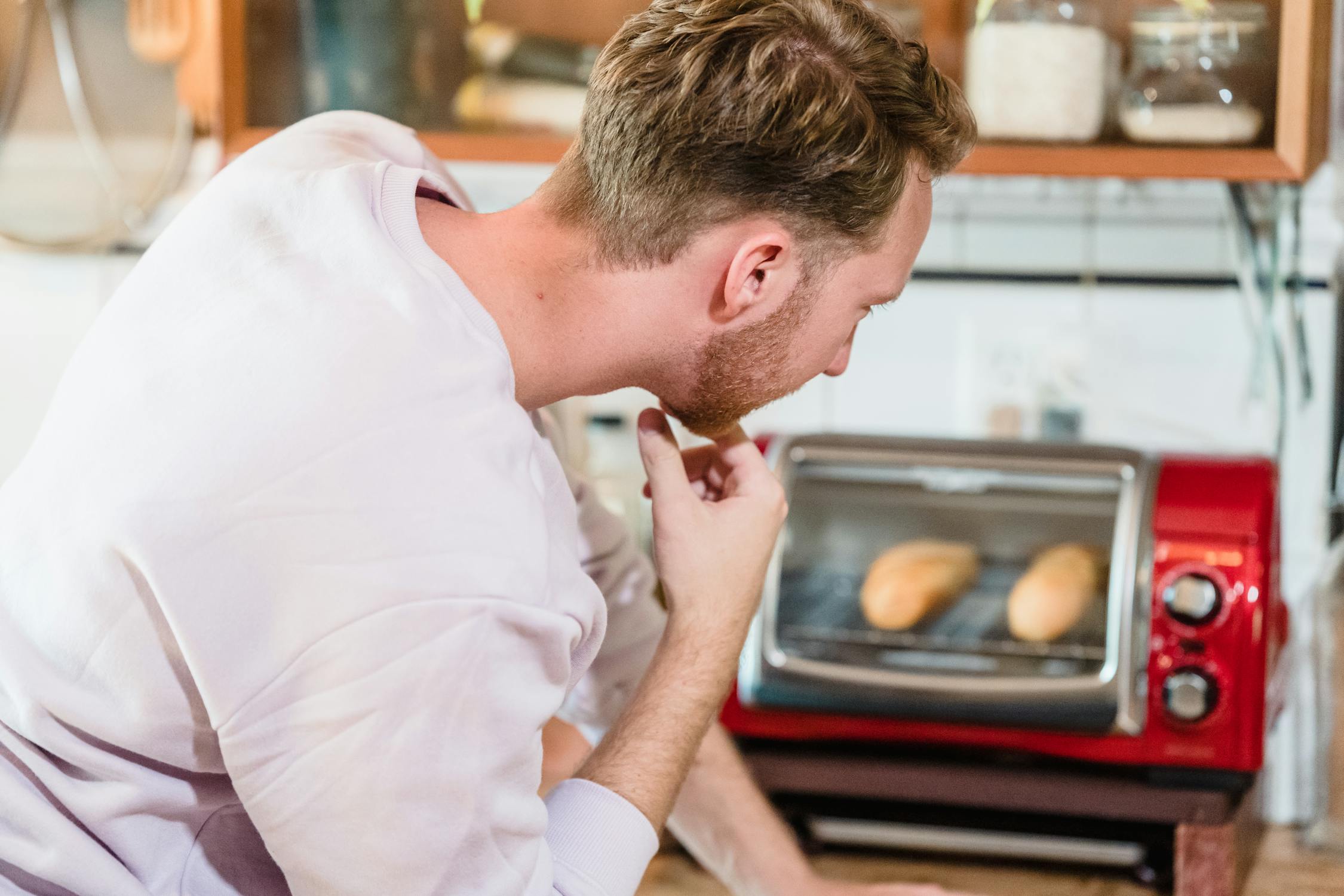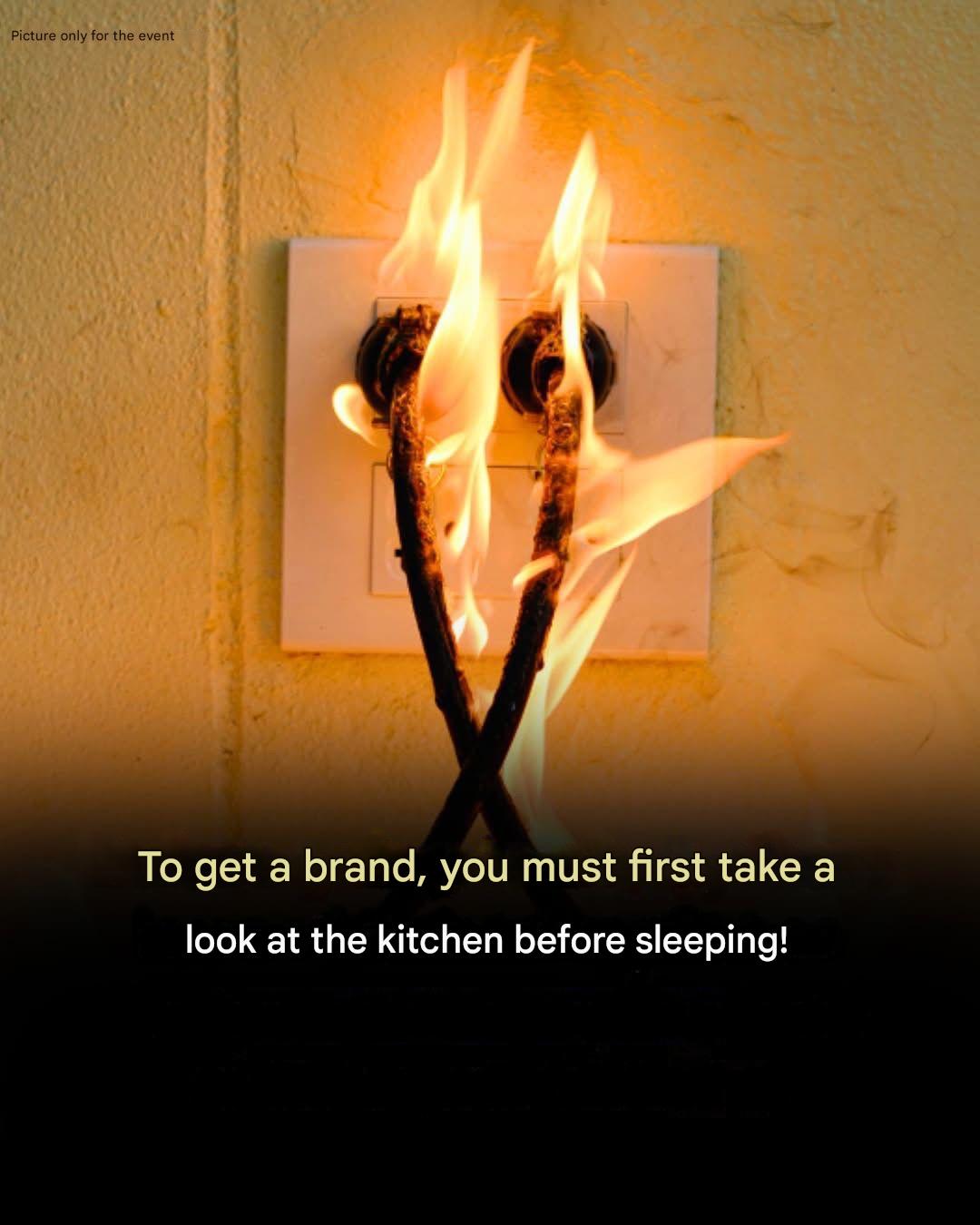Unplugging appliances after use not only saves you a little on your electricity bill, but also reduces the risk of fire and extends the life of your appliances. Many household items continue to consume energy even when they are turned off, a phenomenon known as phantom or standby power. Over time, this can add up, both in terms of energy consumption and potential hazards. Energy experts estimate that standby electricity can account for up to 10% of household electricity consumption. Disconnecting devices is also a smart way to protect your electronics during storms or power surges. It requires little effort and offers long-term benefits. Let’s take a look at five common devices that you should always unplug when not in use. We also give you tips on how to make your home safer overall
1. Toasters and toaster ovens

Toasters and toaster ovens can be found in most kitchens and are used regularly, but they also come with some surprising risks. If crumbs accumulate inside the toaster, they can catch fire if the appliance doesn’t work properly or overheats. If left plugged in, it can also continue to consume power, which is a waste when not in use. This waste of energy accumulates, especially over the course of a year. A power surge or damaged spark plug can cause a spark or short circuit of the device. If flammable materials such as paper towels or plastic packaging are nearby, the risk becomes even greater. Some older toasters don’t have modern safety features, which increases the chances of them overheating or catching fire. It’s also easy to forget that heating coils can still be hot long after use. Unplugging and cleaning your toaster regularly can help prevent future problems. This quick habit increases safety in the kitchen and helps your toaster last longer
2. Coffee Machines

Coffee makers are convenient, but they have hidden costs. Many models continue to use electricity to power their built-in clocks or to keep water hot for a quick brew. This constant energy consumption will affect your electricity bill over time. It also increases the pressure on the internal components, especially if the machine is running for hours a day. If a heating element fails while it is still plugged in, it can overheat. This can lead to smoke or, in the worst case, a fire. Coffee makers are often placed near curtains or paper objects that can quickly catch fire. Unplugging your coffee machine after use prevents this and saves energy at the same time. Some people assume that an automatic shut-off is enough, but it only stops the brewing, not the flow of energy. Making it a habit to unplug will help ensure that your mornings are safer and your machine runs better.
